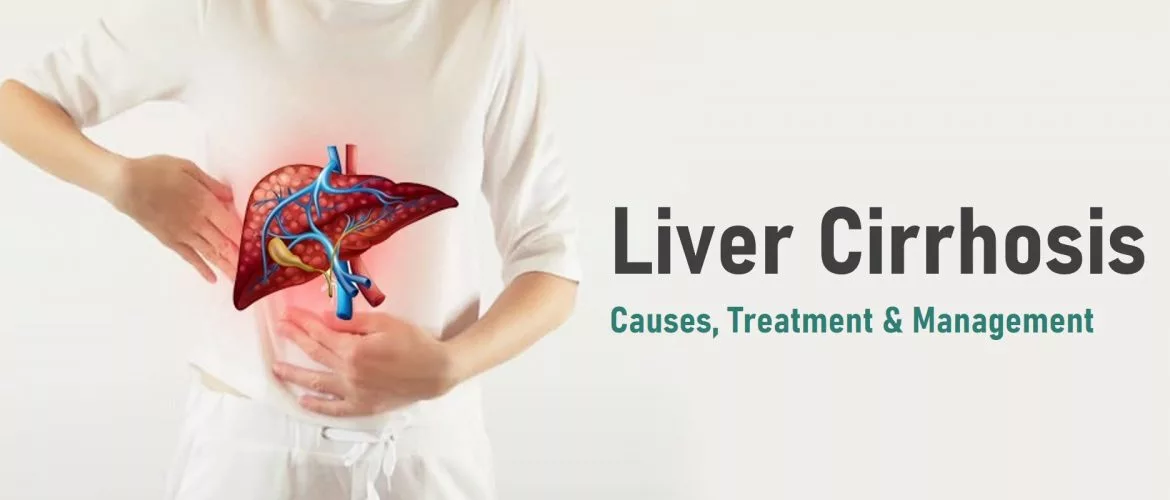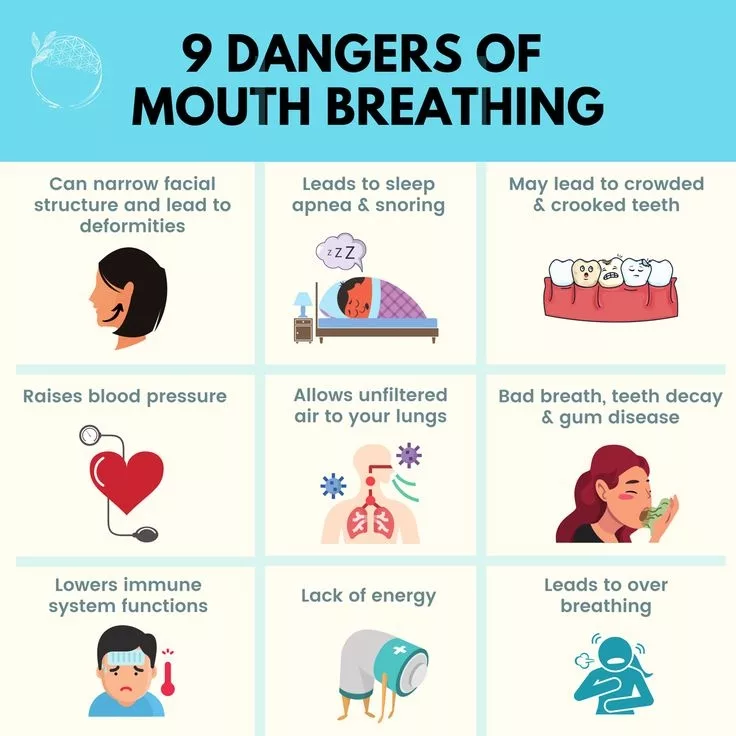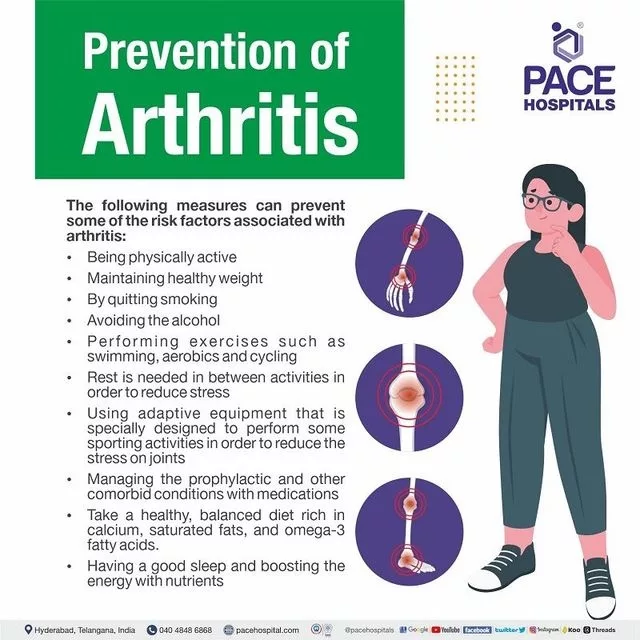Understanding Cirrhosis
Hello, are you worried about health issues these days? If you’re looking to learn about cirrhosis, I can provide you with helpful information. I’ve prepared an overview of cirrhosis, covering everything from causes to symptoms. Let’s explore together! 🌿
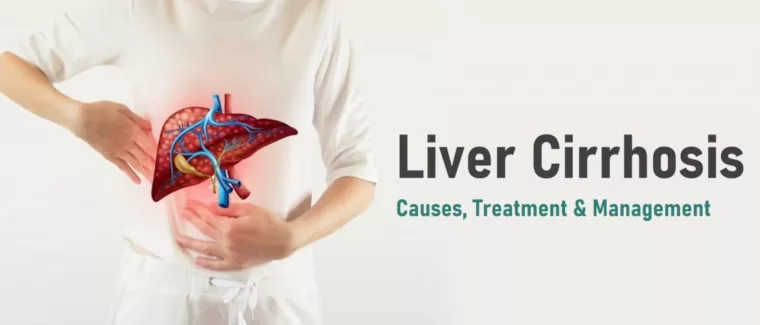
What is Cirrhosis?
Cirrhosis is a disease characterized by chronic damage to the liver, leading to structural changes in its tissues. The liver is a vital organ in our body, responsible for supplying nutrients to the skin, muscles, and bones, as well as detoxifying harmful substances. However, various factors such as long-term alcohol consumption, viral infections, obesity, and diabetes can cause damage to the liver. This damage can lead to the transformation and hardening of liver tissues, eventually resulting in cirrhosis.
Main Causes of Cirrhosis
The main causes of cirrhosis include:
- Alcohol Abuse: Excessive alcohol intake can cause significant damage to the liver.
- Viral Infections: Hepatitis B and C viruses can cause chronic hepatitis, which may lead to cirrhosis.
- Obesity: Obesity can lead to fatty liver disease, which may progress to cirrhosis.
- Diabetes: Diabetes directly affects the liver and can be a cause of cirrhosis.
- Drug and Toxin Intake: Some medications or toxins can damage the liver and trigger cirrhosis.
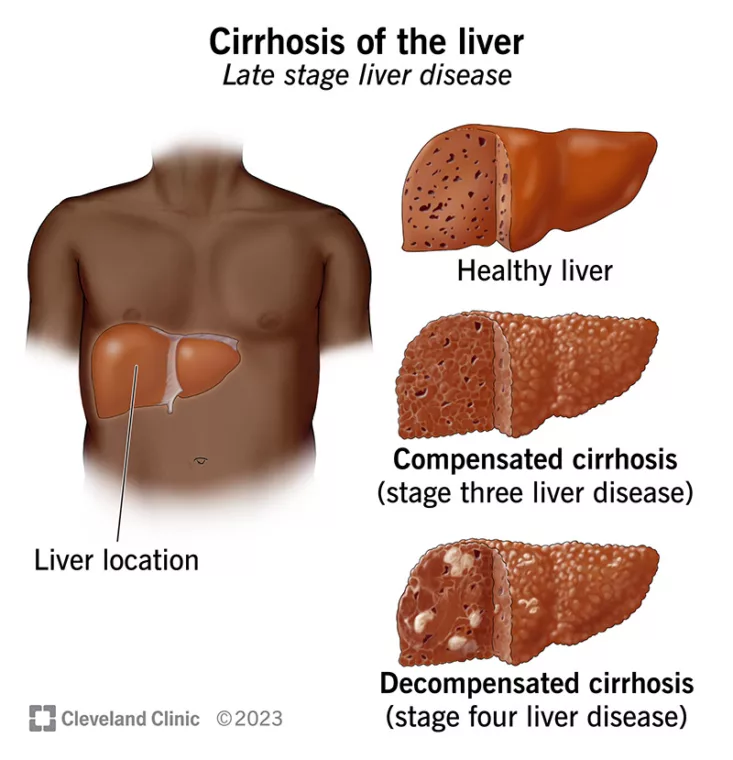
Common Symptoms
In the early stages, cirrhosis may not present specific symptoms, but as the disease progresses, various symptoms may arise. Common symptoms include:
- Fatigue: Reduced liver function may lead to feelings of fatigue.
- Abdominal Swelling: Cirrhosis can cause abdominal distention and fluid accumulation.
- Weight Changes: Liver dysfunction may result in weight fluctuations.
- Digestive Issues: Problems during digestion may occur, leading to loss of appetite or indigestion.
Essential Tests for Diagnosis
A variety of tests are needed to diagnose cirrhosis. Key tests include:
- Blood Tests: Evaluating liver function by checking liver enzymes and functions in the blood.
- Ultrasound: Conducting ultrasound examinations to check liver size and structure.
- CT Scan: Performing CT scans for detailed assessment of liver structure and shape.
- Contrast Imaging: Injecting contrast agents into liver blood vessels to assess the structure and flow.
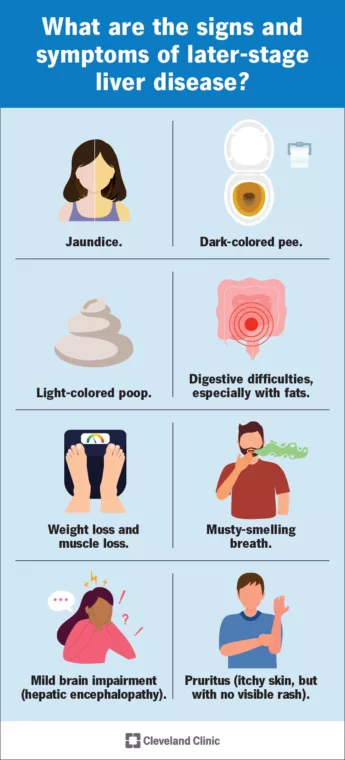
Stages of Disease Progression and Prognosis
Cirrhosis can progress through various stages, with prognosis varying based on individual conditions. The main stages include:
- Early Stage: Damage to the liver is present, but serious symptoms may not appear.
- Intermediate Stage: Damage to liver tissues progresses, resulting in symptoms and decreased liver function.
- Late Stage: Liver function severely deteriorates, leading to life-threatening conditions.
Treatment Methods and Management Strategies
Treatment for cirrhosis varies depending on the cause and progression of the disease, but generally includes:
- Cause Treatment: Addressing the main causes of cirrhosis is crucial. For example, treating alcohol addiction or controlling viral infections.
- Symptom Relief: Medications or surgical procedures may be used to alleviate major symptoms.
- Healthy Lifestyle: Maintaining a healthy diet and lifestyle is important.
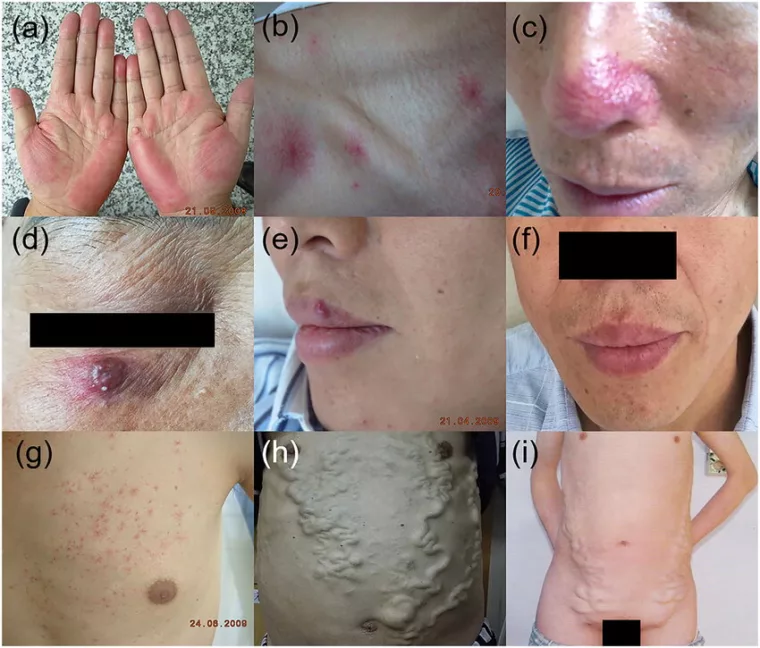
Dietary and Lifestyle Adjustments
Patients with cirrhosis can maintain health through dietary and lifestyle adjustments. Here are examples of dietary and lifestyle changes for cirrhosis patients:
- Dietary Guidelines: Avoid high-fat and high-protein foods, and consume a diet rich in fruits, vegetables, and dietary fiber.
- Alcohol Limitation: Limiting alcohol consumption is essential, as it can cause significant liver damage.
- Weight Management: Managing weight is important, as obesity can lead to liver damage.
- Exercise: Regular exercise supports liver health and promotes blood circulation and metabolism.
Prevention of Cirrhosis and Frequently Asked Questions
To prevent cirrhosis, consider the following:
- Alcohol Consumption Limit: Limiting excessive alcohol intake is crucial as it can cause significant liver damage.
- Virus Prevention: Hepatitis B and C are major causes of cirrhosis, so getting vaccinated is advisable.
- Healthy Diet: Avoid high-fat and high-protein foods, and maintain a healthy diet rich in fruits and vegetables.
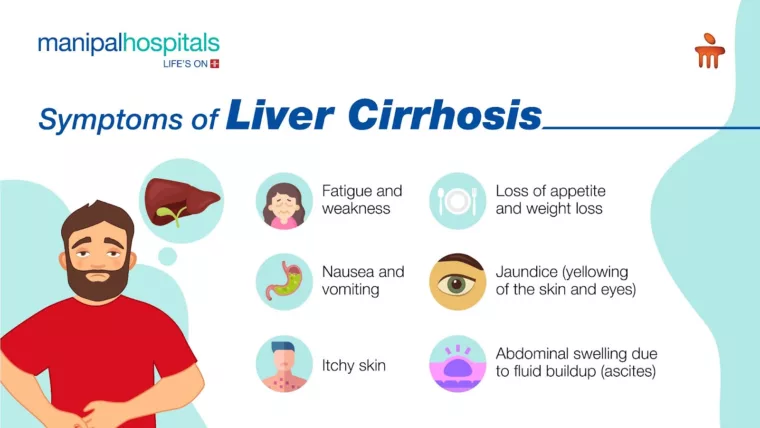
Frequently Asked Questions:
- Can cirrhosis be cured?
- While cirrhosis is difficult to completely cure, treatment of the underlying cause and management can delay disease progression.
- Is cirrhosis hereditary?
- Some forms of cirrhosis may have genetic factors, so caution is needed if there is a family history.
- What complications are associated with cirrhosis?
- Various complications can arise, including liver cancer, liver fibrosis, and bleeding.
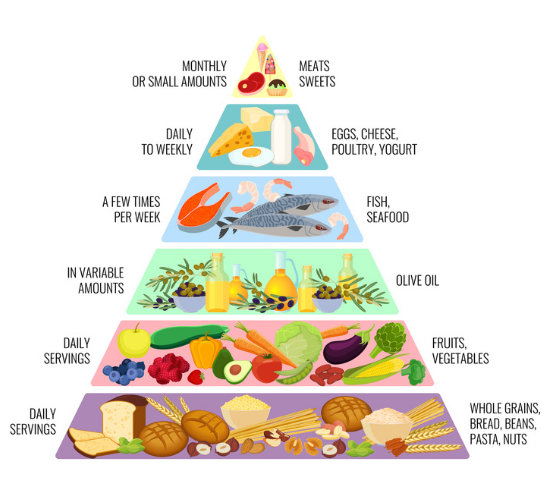
Understanding cirrhosis is crucial for prevention and early diagnosis. If you experience symptoms related to cirrhosis or have concerns, it’s important to consult a healthcare professional. Don’t forget to maintain regular health check-ups and healthy lifestyle habits to keep your liver healthy. 👍
